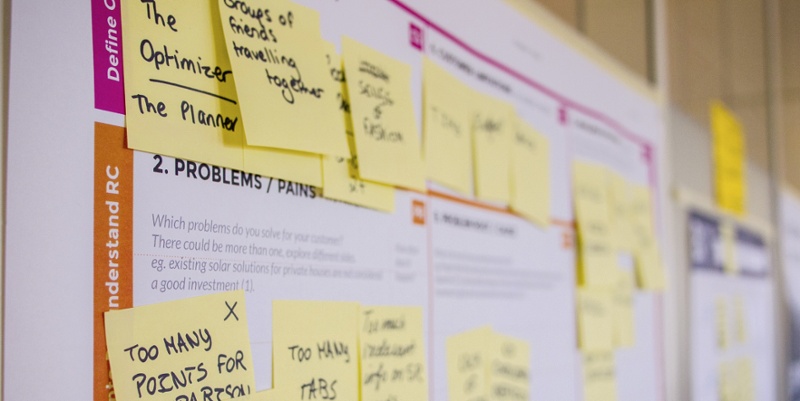The Best CRM for Small Business Has These Qualities
In this blog, learn what makes up the best CRM for small business.



At their core, all CRM (customer relationship management) systems serve the same function: grow business by capturing customer information in a single hub.
The result?
Deepened customer relationships and refined marketing and sales strategies. This can be hugely impactful for small businesses, which can’t always compete with bigger brands on price and brand exposure. In this blog, we review what qualities make up the best CRM for small business.
Qualities of the Best CRM for Small Business
What often sets the small business apart is the human element.
The less you treat your customers like numbers to crunch and the more you treat them like people to build a relationship with, the better you play to your marketplace advantage. CRM software also allows a small business to organize and streamline their communication and sales activities, which saves precious time and energy.
Most small businesses benefit from a CRM database, which is the ultimate tool for efficiently organizing your customer data and helping you to build relationships with them.
However, small businesses often have constrained time and resources, making it challenging to choose a system that best suits their needs.
Let’s take a look at the 5 qualities below found in some of the best CRMs for small business:
1. CRM for Small Business Should Be Simple
We like our CRMs like we like our cable packages: everything we want and nothing we don’t.
Small businesses benefit from a CRM system that gives them the features they need to be successful without overloading them. This keeps the software affordable and minimizes the time and costs associated with training.
The best CRM for small businesses is going to be the one that makes for easy onboarding.
2. It Should Come with a Supportive Provider
Great CRM software is straightforward, but the provider should also offer dedicated support for when questions do arise.
Having your questions answered in a timely manner, through phone or an online chat, can make all the difference in your experience.
3. Sync with All of Your Systems
This goes back to saving time.
You want technology that seamlessly integrates existing contacts with platforms like Gmail, Outlook, Quickbooks, etc.
If it doesn’t easily complement the information you already have, it probably isn’t the best choice for your business.
4. The Best CRM for Small Business is Scalable
It’s important that your CRM system can grow with you.
As you continue to expand and diversify, your technology will need to do the same.
For that reason, consider a system that offers filtering and segmentation capabilities, as well as additional, easily-integratable add-on services that can accommodate your changing needs.
5. It Should Absolutely Be Cloud-Based
Hosting on a cloud not only gives your whole team access to real-time data (regardless of their physical location), but it also lets you work from anywhere, on any device.
Best of all?
You get fewer operational issues and fewer costs, while increasing collaboration, reducing carbon footprint. CRM is always on, creating a better work/life balance, better security, more control, and easier implementation.
What is the Best CRM for Small Business?
At the end of the day, the best CRM for small business is going to be the one that better connects you with your growing customer base.
With their limited resources, small businesses need to be as efficient as possible.
What’s wonderful about CRM software is that it empowers businesses to deepen customer relationships, all while saving time and energy.
Want to learn more about how to optimize sales and increase efficiency with CRM? Download our free eGuide now.

%20(1)%20(1).png?width=340&name=Group%2012%20(2)%20(1)%20(1).png)



